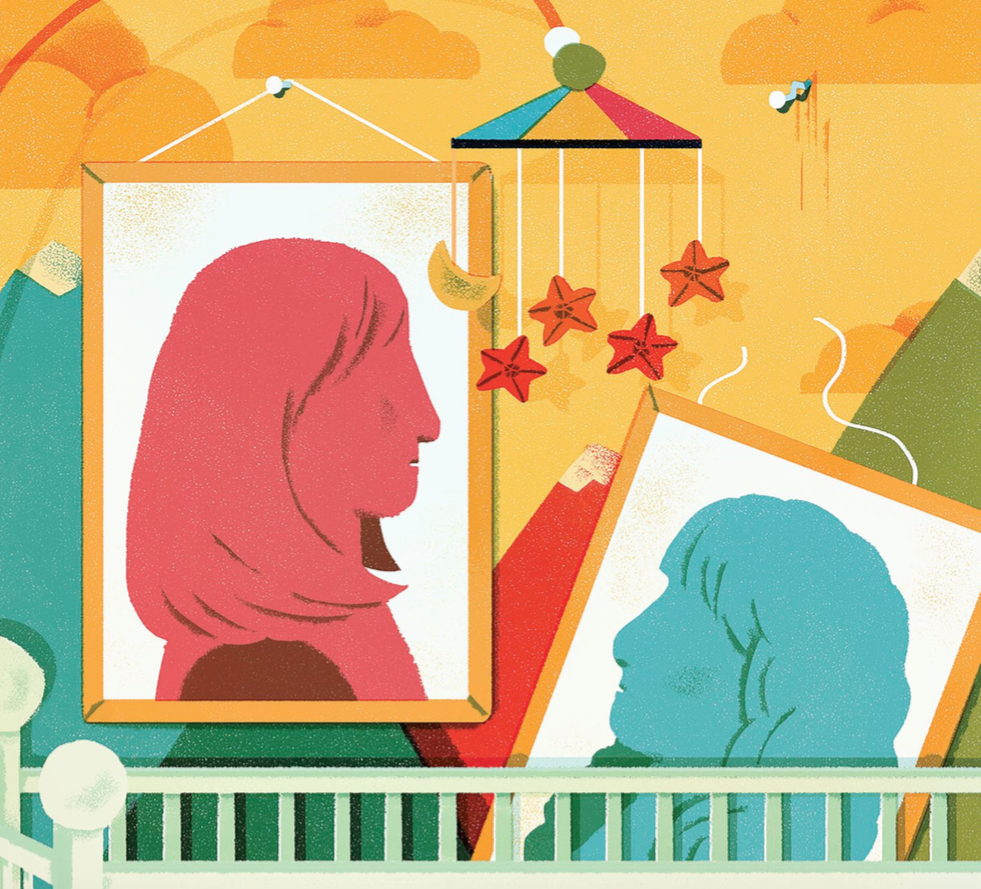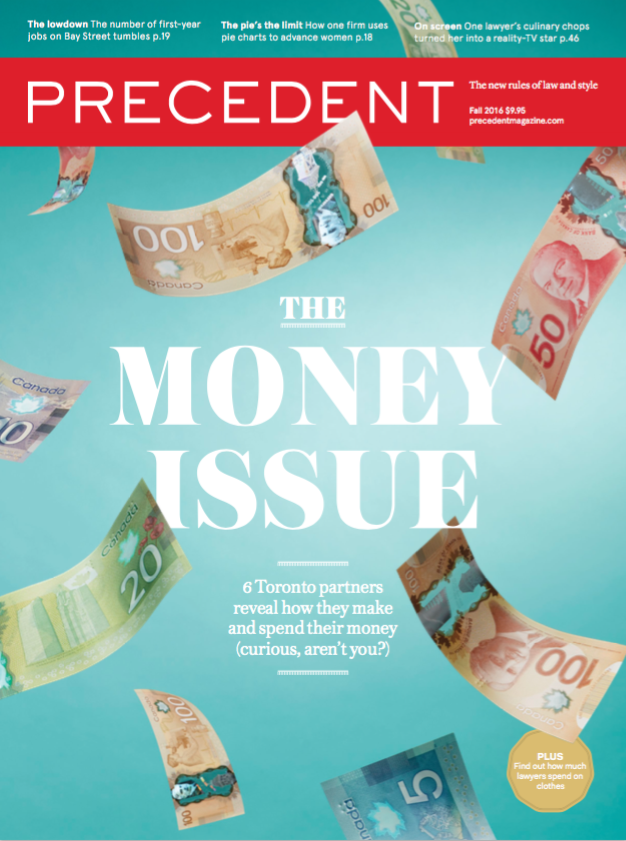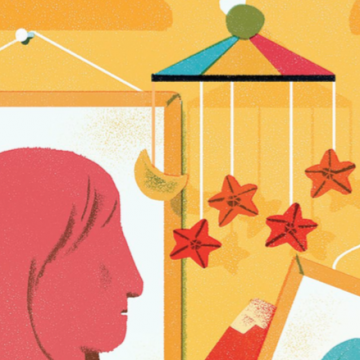When I was giving birth to our daughter, Ruby, there was a moment when my heart rate plummeted. My wife, Kirsti, was afraid I’d die. In that moment, six years ago, she also faced another terrifying prospect: that, if the worst happened, she might not be able to care for Ruby. Though we are legally married, Kirsti would be, in the eyes of the law, a stranger to our newborn.
I lived, and Ruby was born healthy. Soon after her birth, we moved to make Kirsti a legal parent. We could do this one of three ways: Kirsti could adopt Ruby, we could obtain a declaration from a court that Kirsti was her parent, or we could change the law.
First, we considered changing the provincial laws that govern parental rights. Kirsti and I are lawyers with master’s degrees in constitutional and equality law. I’d also worked on a relevant case, which established that a child can have three parents. But a funny thing happens when you have a baby: you become really tired. Brushing your hair feels onerous some days, not to mention attempting legislative reform.

So we gritted our teeth and got Kirsti a declaration of parentage. To do so, we hired a lawyer, paid some fees, booked a court date and jumped through some more hoops. We’re lawyers and it was still a pain. Imagine how hard this is for most people.
To be honest, we assumed someone else would fix the law. The government, other angry parents, Bueller?
But a few years later, we had our son, Cy. When Kirsti took parental leave, she hadn’t yet secured her declaration of parentage for him. Notwithstanding the baby strapped to her in the Service Canada office, the government denied her any benefits because she was not considered his parent.
We’d had enough. We were going to change the law. And so, 2015 marked the beginning of our year-long odyssey through the province’s bottlenecked, often unempathetic, legislative process.
We got help from terrific fertility and family lawyers (Martha McCarthy, Joanna Radbord, Kelly D. Jordan, Shirley Eve Levitan) who’ve dragged Ontario forward on equality issues for decades. (Get this: changing the law would render some work they do for queer families obsolete.) We started lawyering: researching what works in other jurisdictions and drafting a bill.
Then we got in touch with Ontario’s LGBTQ critic, Cheri DiNovo of the NDP. She agreed to table a private-member’s bill that would grant parental rights to queer families. With that, the Parental Recognition bill (or Cy and Ruby’s Act) was born.
The law is simple. It requires the government to determine a newborn’s parents by asking one question: who will parent this child? It then makes recognizing that relationship as simple as possible. So when a married (or common-law) same-sex couple has a child, both parents have the rights of, well, parents. The bill passed a first reading and a second. Then, it stagnated.
Around that time, a group of families launched a court case challenging the constitutionality of the existing laws. But we weren’t getting results on either front — the judicial or the legislative.
So we launched a media campaign, supported the constitutional challenge and planned a protest at Queen’s Park. Then, the day before the protest was set to occur, Premier Kathleen Wynne announced that her government would — in consultation with us and other queer experts — fix the discriminatory law by the end of the year.
We’re hopeful, but not done. Until the law is updated, children born into LGBTQ families remain in limbo. That it has taken so much effort to make anything happen is nonsense. If the government stalls or introduces a bill that doesn’t provide equal benefit of the law to all kids this year, I have one message: beware the lawyer moms when the law threatens our babies.

Jennifer Mathers McHenry is a partner at Teplitsky, Colson LLP. She practises employment law and commercial litigation, and dabbles in equality law in her “spare” time.

This story is from our Fall 2016 issue.
Illustration by Jeannie Phan


